Articles
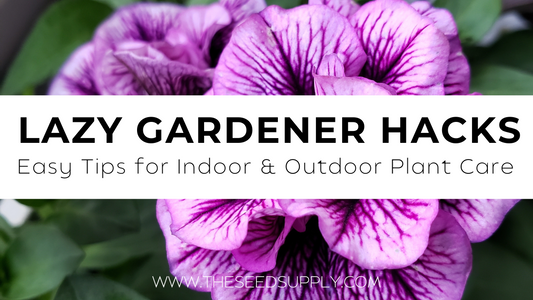
Lazy Gardener Hacks: Easy Tips for Indoor and O...
Hey there, fellow green thumbs (or soon-to-be green thumbs)! Here at The Seed Supply in beautiful southeastern Idaho, we know that not everyone has the time or energy for intensive...
Lazy Gardener Hacks: Easy Tips for Indoor and O...
Hey there, fellow green thumbs (or soon-to-be green thumbs)! Here at The Seed Supply in beautiful southeastern Idaho, we know that not everyone has the time or energy for intensive...
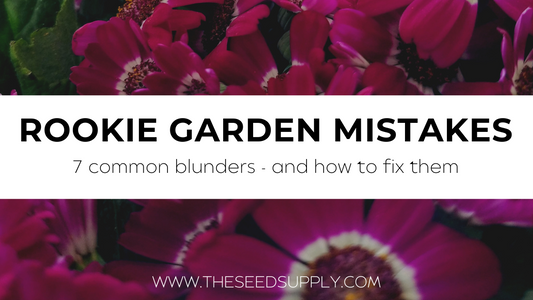
7 Rookie Gardening Mistakes (and How to Fix 'Em!)
Beginning gardeners often encounter a few common mistakes. By being aware of these mistakes and taking steps to avoid or correct them, you can set yourself up for success in...
7 Rookie Gardening Mistakes (and How to Fix 'Em!)
Beginning gardeners often encounter a few common mistakes. By being aware of these mistakes and taking steps to avoid or correct them, you can set yourself up for success in...
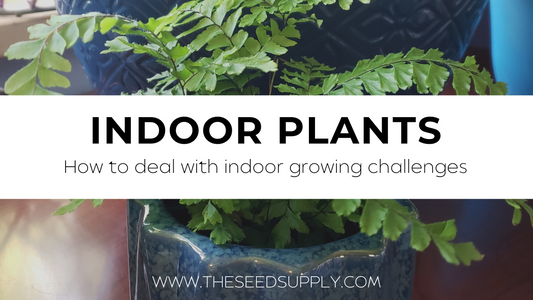
Challenges with Growing Plants Indoors - and Ho...
Growing plants indoors can be a rewarding experience, but it also comes with its challenges. Here are some common challenges faced when growing plants indoors and tips to help overcome...
Challenges with Growing Plants Indoors - and Ho...
Growing plants indoors can be a rewarding experience, but it also comes with its challenges. Here are some common challenges faced when growing plants indoors and tips to help overcome...
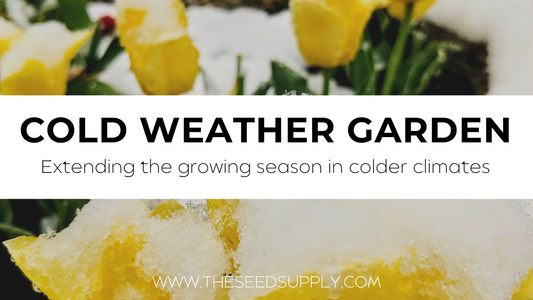
Extending Growing Seasons in Colder Climates
Extending the growing season in colder climates can be challenging, but there are several tricks you can employ to make the most of your gardening efforts. Here are some effective...
Extending Growing Seasons in Colder Climates
Extending the growing season in colder climates can be challenging, but there are several tricks you can employ to make the most of your gardening efforts. Here are some effective...
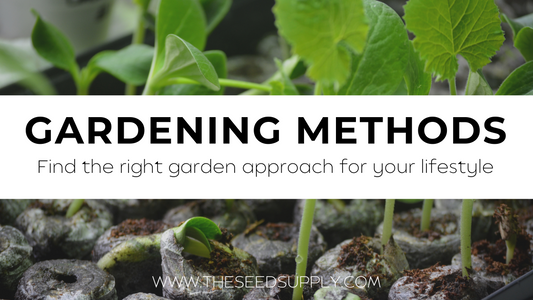
Gardening Methods for Your Lifestyle
There are many factors to consider when starting a home garden. The gardening method you choose will be influenced by both your planting zone, your soil and light conditions, and...
Gardening Methods for Your Lifestyle
There are many factors to consider when starting a home garden. The gardening method you choose will be influenced by both your planting zone, your soil and light conditions, and...
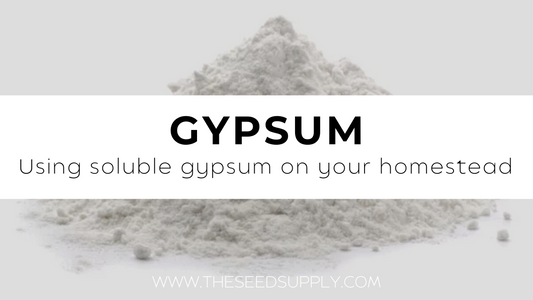
Using Gypsum Around Your Homestead
Soluble gypsum powder, also known as calcium sulfate dihydrate, can offer several benefits when used around a homestead. Here are some of the most beneficial ways to utilize soluble gypsum...
Using Gypsum Around Your Homestead
Soluble gypsum powder, also known as calcium sulfate dihydrate, can offer several benefits when used around a homestead. Here are some of the most beneficial ways to utilize soluble gypsum...
